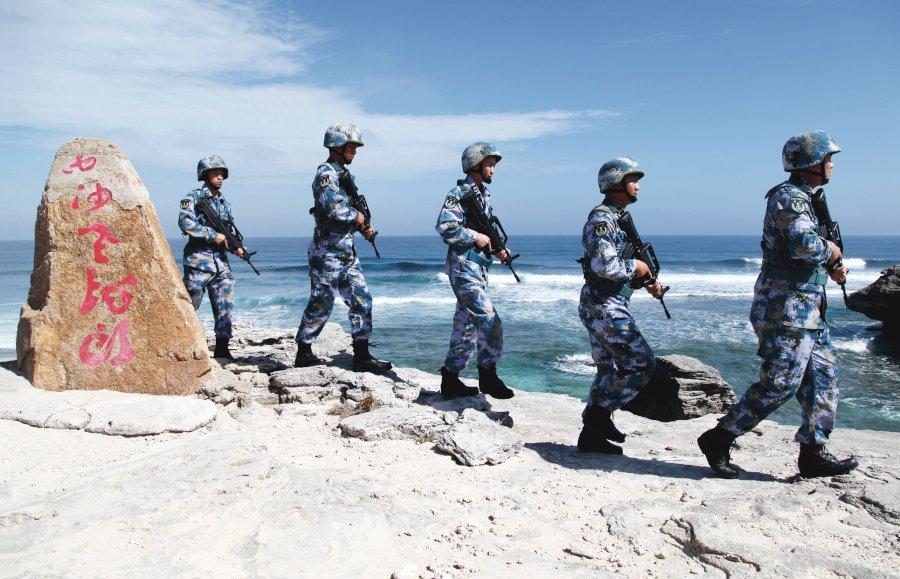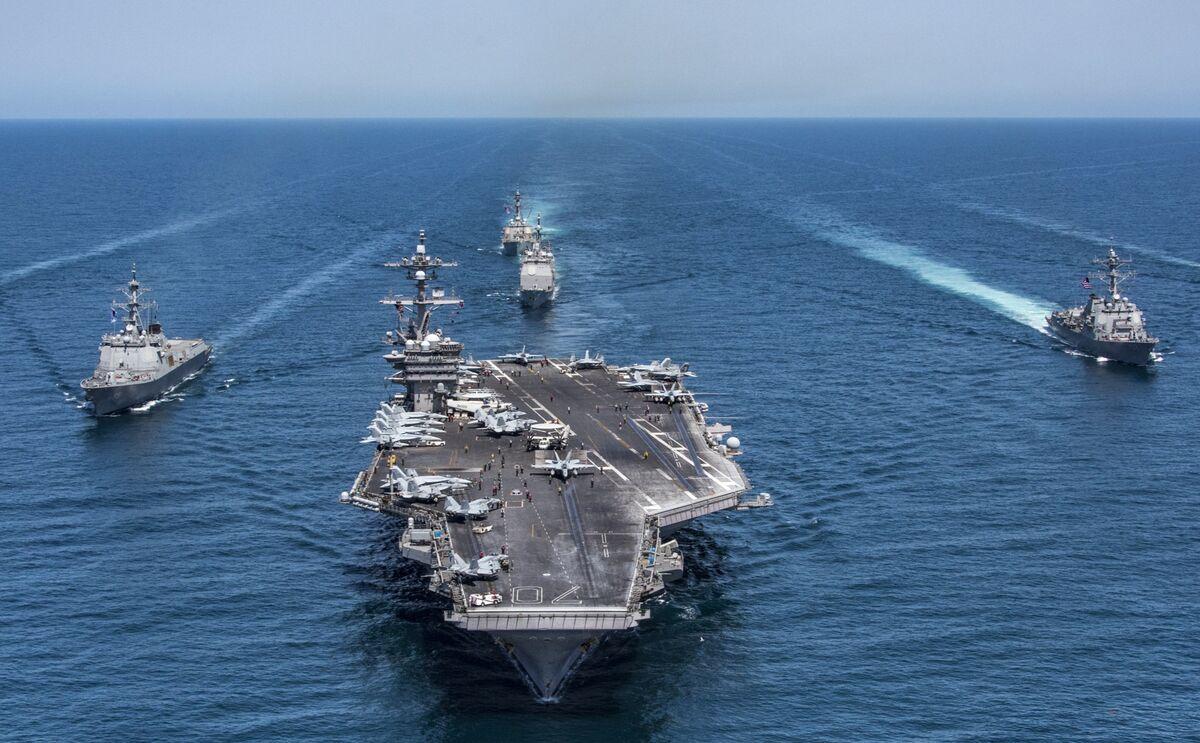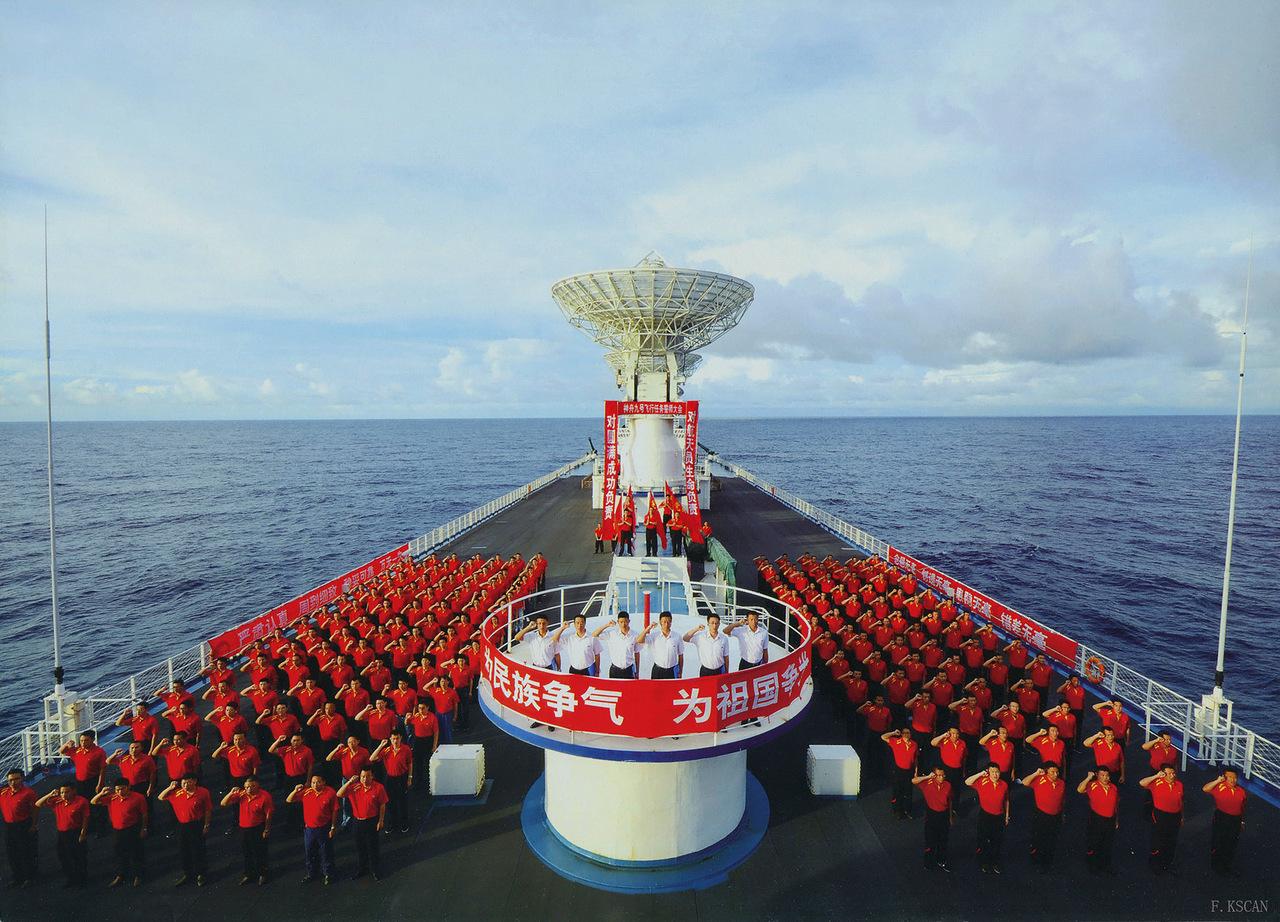Philippines and China at loggerheads in the South China Sea Masks off
On April 30, the Philippines accused China of "dangerous manoeuvres and obstruction" and reinstalling a barrier at the disputed Scarborough Shoal, which Beijing blockaded and seized from Manila in 2012. This incident is just one in a series of ongoing disputes that have their roots in the past. The South China Sea dispute, despite frequent diplomatic negotiations between regional states, remains the most complex issue given Beijing's ambitious foreign policy agenda. There had been numerous encounters between Beijing and Manila off Second Thomas Shoal, where the Philippines grounded the Sierra Madre in 1999 and which lies more than 1,000 km from China’s nearest major landmass of Hainan island.
In early 2024, Beijing warned that World War III could break out in the South China Sea as it increasingly shifts its attention to the Philippines, with territorial disputes driving tensions ever higher. China’s sweeping claims of sovereignty over the sea—and the sea’s estimated 11 billion barrels of untapped oil and 190 trillion cubic feet of natural gas—have antagonized competing claimants Brunei, Indonesia, Malaysia, the Philippines, Taiwan, and Vietnam. Despite attempts by regional states to negotiate the rights regarding maritime borders in the area, China refused to make any concessions.

The main argument for China is the “prevention of militarisation” of the China Sea as under international law militaries cannot conduct intelligence-gathering activities, such as reconnaissance flights, in its exclusive economic zone. China believes that any concession regarding the China Sea will pave the way for Western presence in the area, thus threatening its regional interests. However, the United Nations Convention on the Law of the Sea (UNCLOS) allows the claimant countries freedom of navigation through EEZs in the sea and does not require them to notify claimants of military activities. This legal framework forms the basis of the dispute and is a key point of contention between China and other claimant countries.
The United States (US), Australia, Japan support other countries like Vietnam, the Philippines against China. This support is not only driven by geopolitical considerations but also by the economic and strategic importance of the South China Sea. For example, Japan, which has no direct stake in the South China Sea, also provides ships and military equipment to Vietnam and the Philippines. In addition to energy resources, the South China Sea is an important shipping route. According to experts, over 21% of global trade, amounting to $3.37 trillion transited through these waters in 2016.

In order to demonstrate the legitimacy of its claims, China provided a renewed map indicating maritime borders. Indeed, the map caused upset among Southeast Asian countries, including Malaysia, the Philippines, and Vietnam, which claim the waters nearest to their coasts. An international tribunal ruled as far back as 2016 that the map provided no legal basis for China's claim, but Beijing has ignored that decision and continues to insist on the line's legitimacy. Like other major global powers, China attempted to use maps to underline exceptionalism in the South China Sea dispute.
As such, many nations have urged Beijing to abide by the UNCLOS, which sets maritime zones of control based on coastlines. Nevertheless, China refuses to show restraint on this issue, pushing the Philippines to forge an alliance with Japan, Australia, and Vietnam to build a deterrence against Beijing. Hence, regional claimant countries are coming up against China, though these efforts to balance China in the SCS have their limitations.

Considering the regional alliance and the solid US support, China has refrained from employing either People's Liberation Army Navy (PLAN) vessels or lethal force. This is likely due to concerns about potential escalation and especially about possible US intervention. If necessary, the US would provide tangible support for the Philippine position over the SCS and allocate military aid. In addition, the US would increase support for Japan in its territorial dispute with China as one of its loyal partners in the region.
Despite the recent tensions in the SCS, the Philippines also denies recent rumours that an agreement was signed between Manila and Beijing regarding the dispute. This suggests that the upcoming tensions between the two states in this area would trigger a broader escalation.








